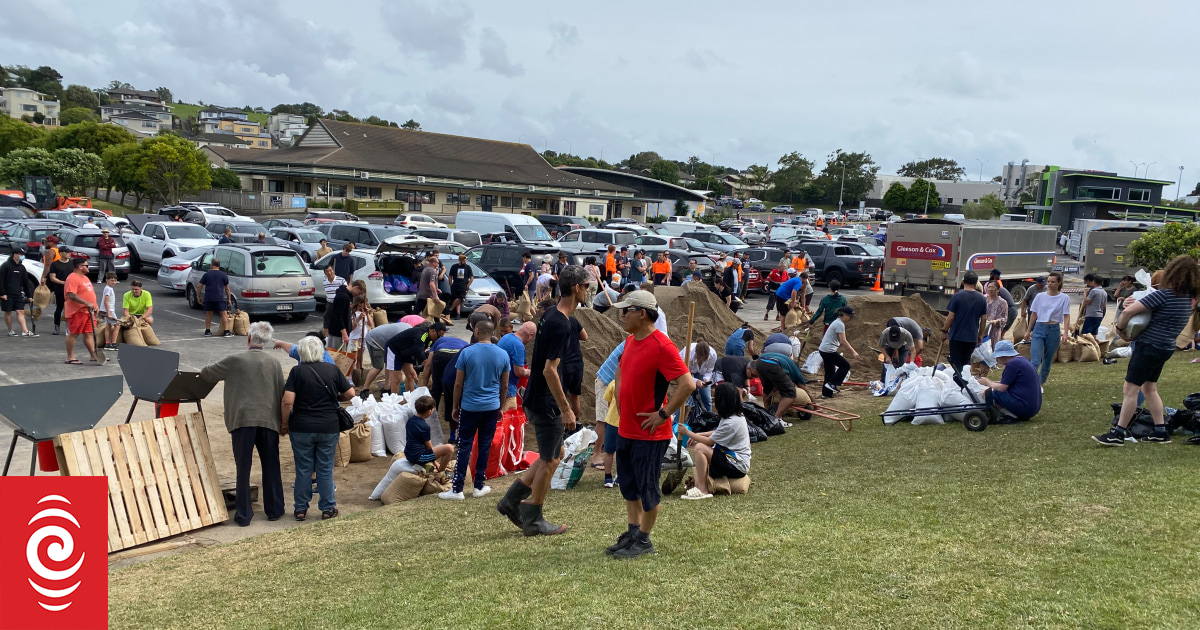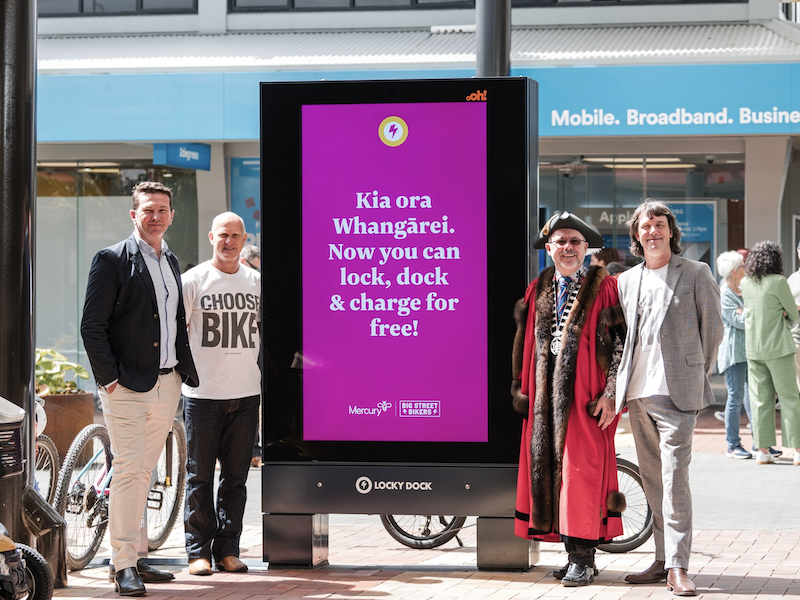
Crowds arrived at the Windsor Park civil defence sandbag station today.
Photo: Gill Bonnett
If you or the kids are nervous about the cyclone, the best way to combat anxiety is focusing on what you can control, an expert says.
“It’s a threat, it’s normal to be worried when a threat comes along,” clinical psychologist Sarb Johal, an expert in emergency management and disaster psychology, says.
“Doing all those little preparatory steps that are in your control will help you just feel that little bit better prepared and ward off that immediate anxiety.”
* Read more: What you need to know – How to prepare for an emergency
Cyclone Gabrielle is expected to reach Aotearoa on Sunday, with red rain warnings in place for Coromandel Peninsulas and Gisborne north of Tolaga Bay. Central Auckland is under a watch for severe wind and rain.

Dr Sarb Johal
Photo: supplied
Here’s Dr Sarb Johal’s best tips for coping with the mental stress of the unknown:
Get prepared
Pay attention to weather warnings and prepare accordingly, Johal says. This means making sure you have three days of water and food. If you have children, let them know you have these supplies.
Connect with people
If you need assistance, neighbours or people nearby can come and check on you.
Focus on the short term
People will have worries about long term impacts on property, job, or schools, but that will only increase anxiety. “Get through what’s in front of you right now.”
Document things
Taking before photos or videos now can help down the line with insurance claims. Then take photos again if the storm causes damage, so it’s clear what’s happened and you’re not left trying to explain things.
“People have to bear in mind from experience from things like Canterbury [earthquakes] insurance companies may treat the storms as separate events,” Johal said.
“So make sure that you’re prepared for that and document everything just to be on the safe side.”
Understand your child’s behaviour might change
“Kids or young people may not have the language to articulate that feeling of… something is going to happen and I feel anxious.
“That might show itself in behaviour or not really wanting to go to bed or be separated from their parents.”
Be aware children might want to sleep in the same room for a couple of nights and that’s OK, Johal says.
Know when to look away
People may be trying to get as much information as possible this time around, but it’s important to know when to step away from news, Johal says.
“Check in every three or four hours, no more than that, just to track to see how things are going. We know that it’s probably going to start around about Sunday. At that point, you might want to pay a bit more attention.
“Some people feel better with more information. Other people think they feel better with more information, but actually they find it quite overwhelming and anxiety-provoking. Only you know when you need to take a little bit of a step back and say: how much do I need to know in order to take any steps? Or is this actually just making me feel worse than anything?”
* This story originally appeared on Stuff.





















Discussion about this post